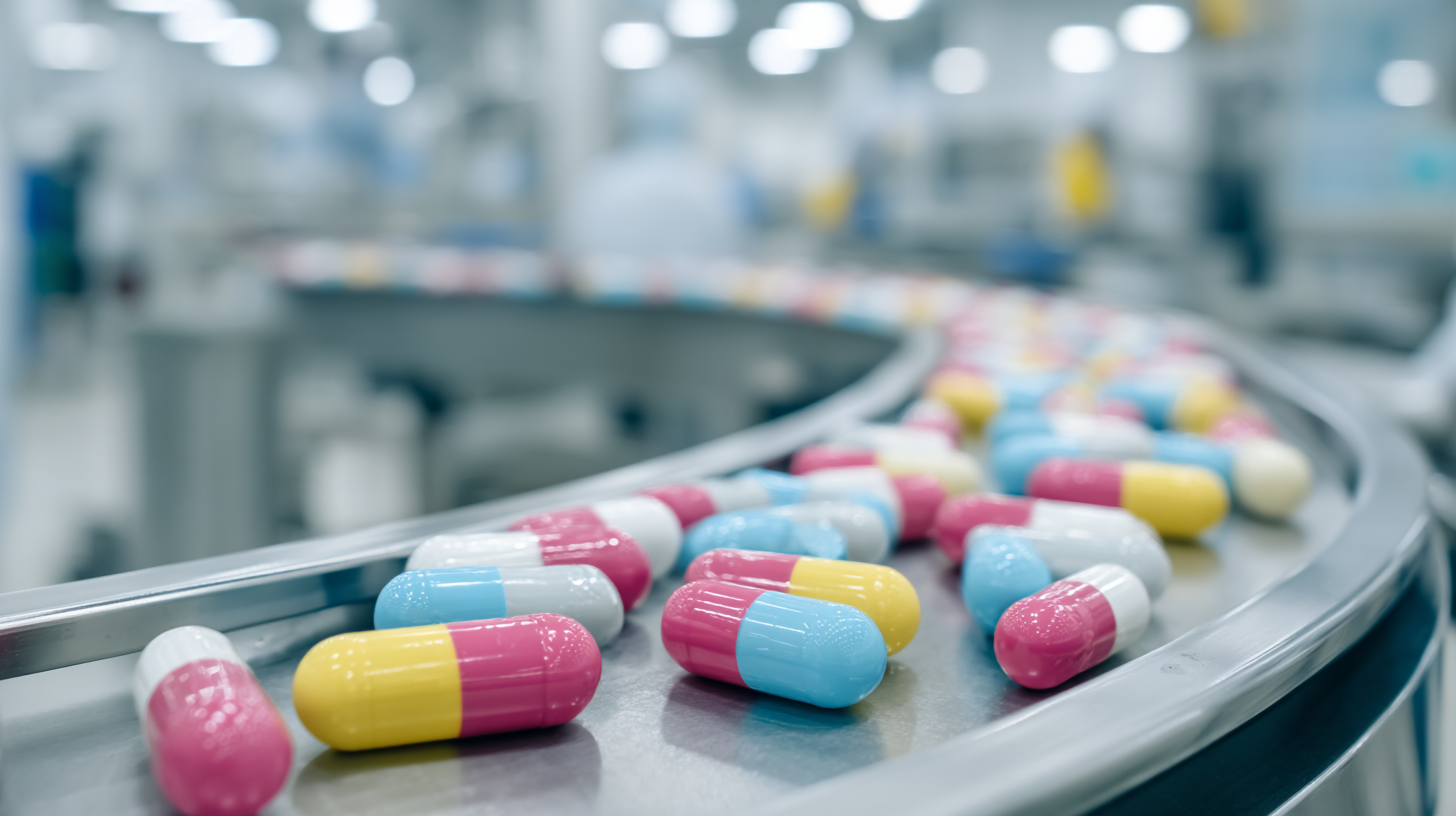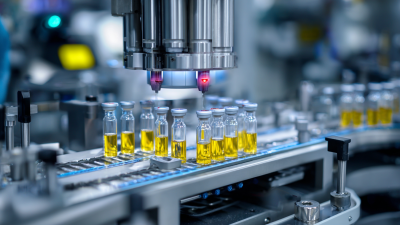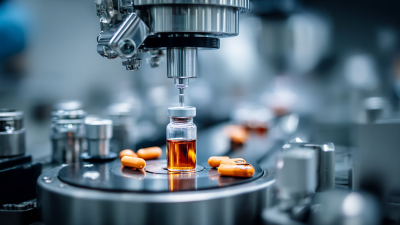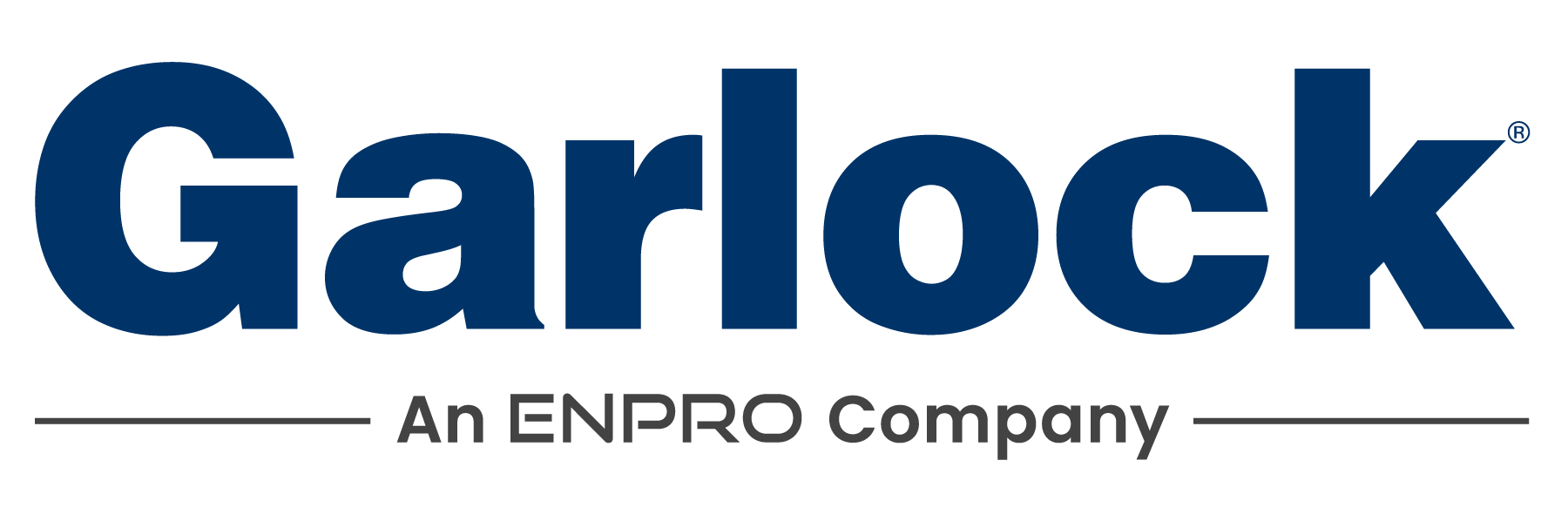Top 7 Pharma Solutions Transforming the Pharmaceutical Industry in 2023
The pharmaceutical industry is undergoing a profound transformation, driven by innovative technologies and strategic advancements. In 2023, a wave of cutting-edge pharma solutions is redefining the landscape, enhancing drug development, improving patient outcomes, and streamlining operational efficiencies. As pharmaceutical companies navigate a rapidly changing environment, these solutions offer invaluable tools to address challenges such as regulatory compliance, supply chain disruptions, and the need for personalized medicine.
This article explores the top 10 pharma solutions that are making significant impacts this year. From artificial intelligence and machine learning algorithms that accelerate research processes to blockchain technology ensuring transparency in drug supply chains, these innovations are not only reshaping operational methodologies but also paving the way for breakthroughs in patient care. By leveraging these advanced pharma solutions, companies can enhance their competitive edge and respond more effectively to the ever-evolving demands of the healthcare landscape. Join us as we delve into the technologies and strategies that are setting the foundation for the future of the pharmaceutical industry.

Innovative AI Applications Boosting Drug Discovery Efficiency
The integration of artificial intelligence (AI) into drug discovery is revolutionizing the pharmaceutical industry in 2023, paving the way for innovative approaches to identifying and developing new drug candidates. Traditional methods of drug target discovery often involve lengthy and expensive processes; however, AI technologies are breaking down these barriers. By employing large language models, researchers can predict potential drug targets more efficiently, significantly accelerating the initial phases of drug development.
Moreover, recent advancements in AI-driven platforms are enhancing the precision of drug discovery. For instance, AI systems are now capable of sifting through vast datasets to uncover patterns that human researchers might miss, optimizing clinical trials, and even predicting the safety and efficacy of drug candidates. The speed at which AI can process information not only aids in identifying novel compounds but also reduces the overall time and cost associated with R&D. As the industry moves forward, AI's transformative impact promises to unlock substantial economic value, making drug development more efficient and effective than ever before.
Top 7 Pharma Solutions Transforming the Pharmaceutical Industry in 2023 - Innovative AI Applications Boosting Drug Discovery Efficiency
| Solution | Description | Key Benefits | Application Area |
|---|---|---|---|
| AI-driven Drug Discovery | Utilizes algorithms to identify potential drug candidates faster than traditional methods. | Increased speed and accuracy in identifying viable drug compounds. | Drug Development |
| Predictive Analytics | Analyzes historical data to predict outcomes of clinical trials. | Enhanced decision-making and resource allocation for trials. | Clinical Research |
| Natural Language Processing (NLP) | Extracts insights from medical literature and clinical reports. | Improved understanding of research findings and trends. | Data Analysis |
| Robotics in Manufacturing | Automates production processes to increase efficiency. | Reduced production time and lowered operational costs. | Manufacturing |
| Machine Learning for Patient Diagnosis | Employs machine learning algorithms to enhance diagnostic accuracy. | Faster and more accurate patient diagnoses. | Healthcare Services |
| Blockchain for Supply Chain Management | Ensures transparency and security in the drug supply chain. | Increased trust and reduced counterfeit risks. | Supply Chain |
| Virtual Clinical Trials | Conducts trials remotely, leveraging digital technologies. | Wider participation and reduced geographical barriers. | Clinical Trials |
Blockchain Technology Enhancing Supply Chain Transparency
In 2023, blockchain technology is at the forefront of transforming the pharmaceutical industry, particularly in enhancing supply chain transparency. Notably, countries like Brazil and Ethiopia have set new benchmarks in utilizing blockchain to improve global supply chains. This technology provides a secure and decentralized method for tracking products in real-time, ensuring that every step of the supply chain can be monitored without the risk of tampering. This is crucial in the pharmaceutical sector, where trust and traceability are paramount.

Tips for Implementing Blockchain in Pharma:
- Start with a pilot program to test blockchain applications in a specific segment of your supply chain.
- Collaborate with stakeholders and partners to ensure that everyone is on board with the technology and its benefits.
- Stay informed about advancements in blockchain that could further enhance your supply chain operations.
Blockchain technology is proving its worth beyond just transparency; it helps reduce administrative costs and streamline processes. For instance, in sectors like floriculture and agri-food, consumers demand proof of ethical sourcing, pushing companies to adopt these innovations. As the pharmaceutical industry continues to evolve, the integration of blockchain will foster greater accountability and in product tracking, thus enhancing consumer trust and safety.
Advanced Data Analytics Driving Personalized Medicine Development
The rise of advanced data analytics is revolutionizing the pharmaceutical industry, particularly in the realm of personalized medicine. In 2023, analytics technologies have evolved, enabling pharma companies to harness vast amounts of data to tailor treatments to individual patients. According to the latest report by Grand View Research, the global personalized medicine market is projected to reach USD 3.4 trillion by 2029, growing at a CAGR of 10.6%. This growth underscores the increasing importance of data-driven insights in developing targeted therapies and improving patient outcomes.
As advanced analytics tools become more integrated into the drug development process, organizations are leveraging machine learning and artificial intelligence to uncover insights from genomics, clinical data, and real-time patient monitoring. This has led to faster decision-making and more efficient clinical trials. Moreover, a McKinsey report indicates that companies utilizing data analytics effectively can increase their revenue by up to 20%.
**Tip:** Emphasize collaboration between data scientists and clinical researchers to unlock the full potential of personalized medicine. Engaging stakeholders from diverse backgrounds can enhance analytical results and lead to innovative treatment pathways.
**Tip:** Invest in robust data governance frameworks to ensure the quality and security of the data being analyzed. This is crucial for maintaining compliance and fostering trust with patients and regulatory bodies alike.
Top 7 Pharma Solutions Transforming the Pharmaceutical Industry in 2023
This chart illustrates the adoption rates of various innovative pharmaceutical solutions in 2023, highlighting the impact of advanced data analytics in driving personalized medicine development.
Telehealth Solutions Revolutionizing Patient Engagement and Care
 Telehealth solutions are at the forefront of revolutionizing patient engagement and care in 2023, significantly impacting how healthcare is delivered. By leveraging technologies that facilitate remote consultations, healthcare providers can engage patients more effectively, ensuring that they receive timely care without the barriers of traditional visits. This transformation is especially beneficial for individuals with mobility issues or those living in remote areas.
Telehealth solutions are at the forefront of revolutionizing patient engagement and care in 2023, significantly impacting how healthcare is delivered. By leveraging technologies that facilitate remote consultations, healthcare providers can engage patients more effectively, ensuring that they receive timely care without the barriers of traditional visits. This transformation is especially beneficial for individuals with mobility issues or those living in remote areas.
One key tip for patients is to ensure that they are familiar with the telehealth platform being used. Prioritize scheduling a test call to troubleshoot any technical issues and become comfortable with the interface. Healthcare providers can enhance engagement by sending reminders and follow-up messages through these virtual platforms, encouraging patients to stay connected and informed about their health.
For healthcare providers, integrating telehealth solutions into their services is essential. They should offer comprehensive training for staff on the technology and best practices in virtual communication. Another tip is to personalize the experience by using patient data to tailor consultations, making the interaction more relevant and engaging. By adopting these strategies, both patients and providers can maximize the benefits of telehealth, ultimately leading to improved health outcomes and satisfaction.
Automation and Robotics Transforming Pharmaceutical Manufacturing Processes
The pharmaceutical industry is undergoing a seismic shift in 2023, largely propelled by advancements in automation and robotics. According to a recent report by McKinsey & Company, the adoption of automated systems in drug manufacturing could reduce operational costs by up to 25%, while simultaneously increasing production output. These technologies not only streamline processes but also enhance precision, leading to higher quality products. Automated solutions, including robotic arms for assembly lines and data analytics for supply chain optimization, are enabling pharmaceutical companies to respond more swiftly to market demands.
Moreover, the implementation of robotics is improving safety and reducing human error within manufacturing environments. The International Society for Pharmaceutical Engineering (ISPE) noted that with 60% of pharmaceutical companies investing in automation technologies, the industry is witnessing significant reductions in cycle times. For example, utilizing automated machines for packaging and labeling can diminish manual handling errors by as much as 75%. As pharmaceutical firms embrace these innovations, the overall efficiency and reliability of drug production processes will likely see dramatic improvements, setting new standards for the industry.
Related Posts
-

10 Essential Insights for Pharmaceutical Manufacturing Success
-

How to Leverage API Manufacturing to Enhance Production Efficiency by 30%: A Guide
-

Innovative Trends in Pharma Equipment for Enhanced Pharmaceutical Manufacturing Efficiency
-

Unlocking the Secrets of Best Pharmaceutical Manufacturing Technical Specifications and Key Sourcing Strategies
-

How to Optimize API Pharmaceutical Development for Maximum Efficiency
-

Understanding the Role of API in Pharmaceutical Industry Innovation and Development
